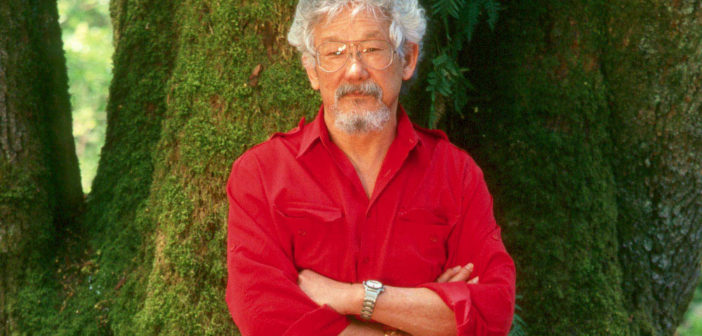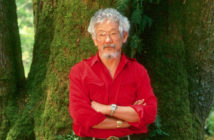As vaccines become available and we emerge from COVID-19’s shadow, we must hang onto insights we’ve gained.
We can all appreciate that consistent investments in science and applied research made the rapid response to this crisis possible. The pandemic highlights the need to rely on effective health, government and related organizations to mobilize a response — in this case, to protect the most vulnerable first, and so begin to reduce the spread, health care burden and deaths.
Early on, we recognized the heroism of front-line workers — not just health care workers, but cleaning and grocery store staff, educators and caregivers, and sanitation, postal and agricultural workers — who are essential to keeping our communities going.
As the pandemic hit the brakes on the economy, not all incomes were affected equally. Women, youth, gig-economy workers, people earning lower wages and small business owners have been disproportionately hurt. Not everyone has the luxury of moving to a home office or out of a city, forgoing a commute and complaining about the increasing number of Zoom meetings.
We recognized the need for governments to support people whose ability to make a living was being decimated, and to take on debt that they are better equipped to bear than their constituents.
Parallels between the pandemic and climate and biodiversity crises have also been revealed. We need collective will, shared evidence-based action and society-wide mobilization if we are to avoid jumping from one catastrophe to the next.
Crises demand we act for the common good. We can’t afford to have the few exploiting or undermining the health and survival of the many. We must listen to science and act in our common interests. There’s no room for science deniers or those who exploit wedge issues to sow dissent for political gain. We live in a democracy, and so we must participate and make choices that align with what we value and need to move forward and heal.
As the pandemic unfolded, we saw that COVID-19 has disproportionately affected some communities, racialized and lower-income neighbourhoods in particular. This inequity is mirrored in environmental impacts. Indigenous people and racialized communities live with significantly higher levels of pollution and increasingly grapple with higher-severity climate change impacts, even though they produce less pollution than predominantly white, higher-income communities.
In the hush of pandemic lockdown, we heard George Floyd’s words — “I can’t breathe”— more clearly. We began an uncomfortable but more inclusive journey to come to grips with the systemic injustices that have long been with us. Black, Indigenous and people of colour have always understood these injustices, through lived experience. But for many others, they were revelations.
Research tells us that our environmental movement is also not as diverse as it should be.
To build true, lasting resilience, we must reflect on what we’ve learned, sit with these uncomfortable insights and emerge determined to stand together to make meaningful change.
We should celebrate the increasing climate leadership being shown at all levels of government in North America. But I worry that we might fall back into pushing for only small incremental changes and technical and policy solutions, and miss out on the deeper systemic change needed to ensure elected leaders and government agencies act in everyone’s interests — especially those who have historically had less of a voice and shouldered more of the burdens.
We can’t tackle climate change without confronting the systems of inequity that allow it to happen: unequal voice, power and representation at decision-making tables. Only an imbalance of voice and power can enable the few to reap benefit on the backs of the many. If we allow our systems to skirt true reconciliation, equity and inclusion, the risks will grow unchecked.
As James Baldwin said, “Once you realize that you can do something, it would be difficult to live with yourself if you didn’t do it.”
It would be a tragedy if, in the rush to return to normal, we cast aside what we’ve learned, and postpone the work necessary to change our systems to build the resilience we need to thrive.
True systems change is the only way forward. To heed the lessons the pandemic has laid bare for us and act on them will take courage from us all.
David Suzuki is a scientist, broadcaster, author and co-founder of the David Suzuki Foundation. Written with contributions from former David Suzuki Foundation Community Renewable Energy Manager Sherry Yano.







